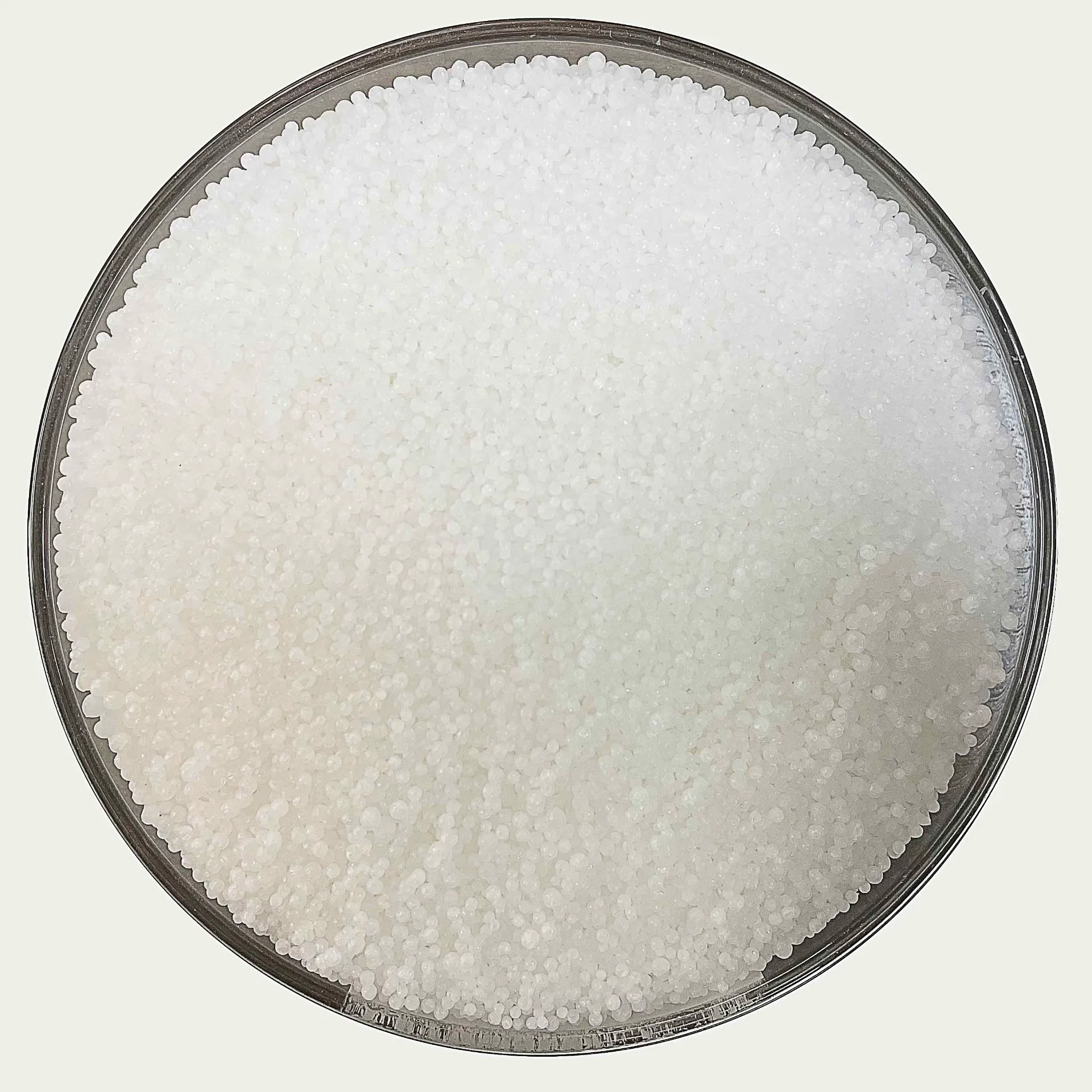
พ.ย. . 27, 2024 18:47 Back to list
Organic Phosphorus and Potassium Fertilizers for Sustainable Agriculture Practices
The Importance of Organic Phosphorus and Potassium Fertilizers in Sustainable Agriculture
In recent years, the focus on sustainable agricultural practices has gained significant momentum. As farmers strive to improve soil health, enhance crop yields, and minimize environmental impact, the use of organic fertilizers, particularly those rich in phosphorus and potassium, has become increasingly important. Organic phosphorus and potassium fertilizers play a crucial role in promoting plant health, increasing nutrient availability, and fostering a sustainable agricultural ecosystem.
Understanding Organic Phosphorus and Potassium
Phosphorus (P) and potassium (K) are essential macronutrients required for plant growth. Phosphorus is critical for energy transfer and storage, playing a vital role in photosynthesis and the formation of DNA and RNA. It also aids in root development, which is crucial for nutrient uptake. Potassium, on the other hand, regulates various physiological processes, including water retention, enzyme activation, and photosynthesis. It helps plants withstand stress, resist diseases, and improve quality and yield.
Organic phosphorus and potassium fertilizers are derived from naturally occurring materials such as animal manures, composts, seaweed extracts, and rock phosphates. These organic sources not only provide essential nutrients but also improve soil structure and enhance microbial activity, creating a more favorable environment for plant growth.
Benefits of Organic Phosphorus and Potassium Fertilizers
1. Improved Soil Health Organic fertilizers contribute to the overall health of the soil by increasing organic matter content. This enhances soil structure, water retention, and aeration, which are vital for root development and the healthy growth of plants. Healthy soil is teeming with beneficial microorganisms that contribute to nutrient cycling and disease suppression.
2. Nutrient Availability Unlike synthetic fertilizers, which can lead to nutrient leaching and run-off, organic phosphorus and potassium fertilizers release nutrients slowly over time. This slow release ensures that nutrients are available to plants when they need them, reducing the risk of nutrient imbalances that can occur with chemical fertilizers.
organic phosphorus and potassium fertilizer

3. Sustainable Practices The use of organic fertilizers aligns with sustainable agricultural practices by minimizing dependence on chemical inputs. By incorporating organic phosphorus and potassium fertilizers, farmers can promote biodiversity, reduce environmental pollution, and enhance carbon sequestration in soils, contributing to climate change mitigation efforts.
4. Enhanced Crop Quality Crops grown with organic fertilizers often exhibit improved flavor, nutritional content, and shelf life. This is particularly important for marketability, as consumers increasingly seek out products that are not only sustainably produced but also high in nutritional value.
5. Cost-Effectiveness While organic fertilizers may have a higher upfront cost compared to synthetic options, their long-term benefits often outweigh the initial investment. Healthy soils lead to better crop yields and reduced need for additional inputs, resulting in cost savings for farmers over time.
Challenges and Considerations
Despite the numerous benefits, the adoption of organic phosphorus and potassium fertilizers is not without challenges. These may include the availability and accessibility of organic inputs, the need for proper nutrient management practices, and the time required for organic matter to break down and release nutrients.
Farmers must also consider soil testing and analysis to determine the existing nutrient levels and the specific needs of their crops. Developing a comprehensive fertilization plan that balances organic inputs with other practices is essential for maximizing productivity and sustainability.
Conclusion
The use of organic phosphorus and potassium fertilizers represents a critical component of sustainable agriculture. By improving soil health, enhancing nutrient availability, and supporting overall plant health, these fertilizers contribute to a more resilient agricultural system. As the demand for sustainable food production continues to rise, integrating organic fertilizers into agricultural practices is not just beneficial—it's essential for the future of farming. Embracing these methods can lead to healthier crops, healthier soils, and a healthier planet.
-
Premium 8 12 16 Fertilizer – High-Efficiency Compound & Granular NPK Supplier
NewsJun.10,2025
-
High Quality Agricultural Grade NPK Fertilizer Manufacturer & Supplier Reliable Factory Price
NewsJun.10,2025
-
Organic Fertilizer for Corn Boost Yield Sustainably
NewsJun.10,2025
-
Organic Fertilizer for New Plants Natural Growth Boost & Eco Nutrients
NewsJun.10,2025
-
Optimized Hydroponic NPK Fertilizer – Fast Growth & Nutrients
NewsJun.09,2025
-
Top-Rated NPK Fertilizer for Fruit Trees - Boost Growth & Yield
NewsJun.09,2025
